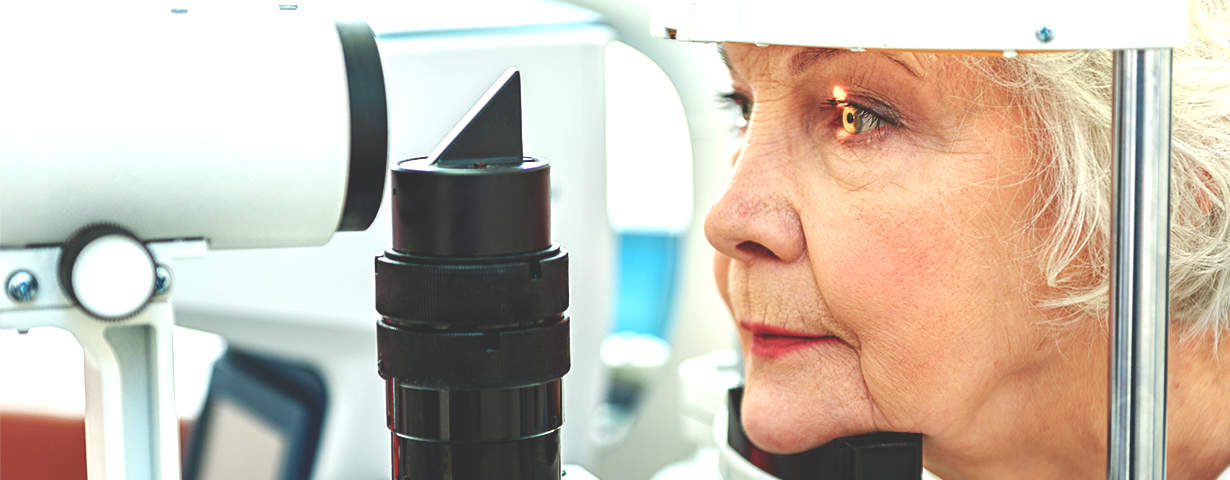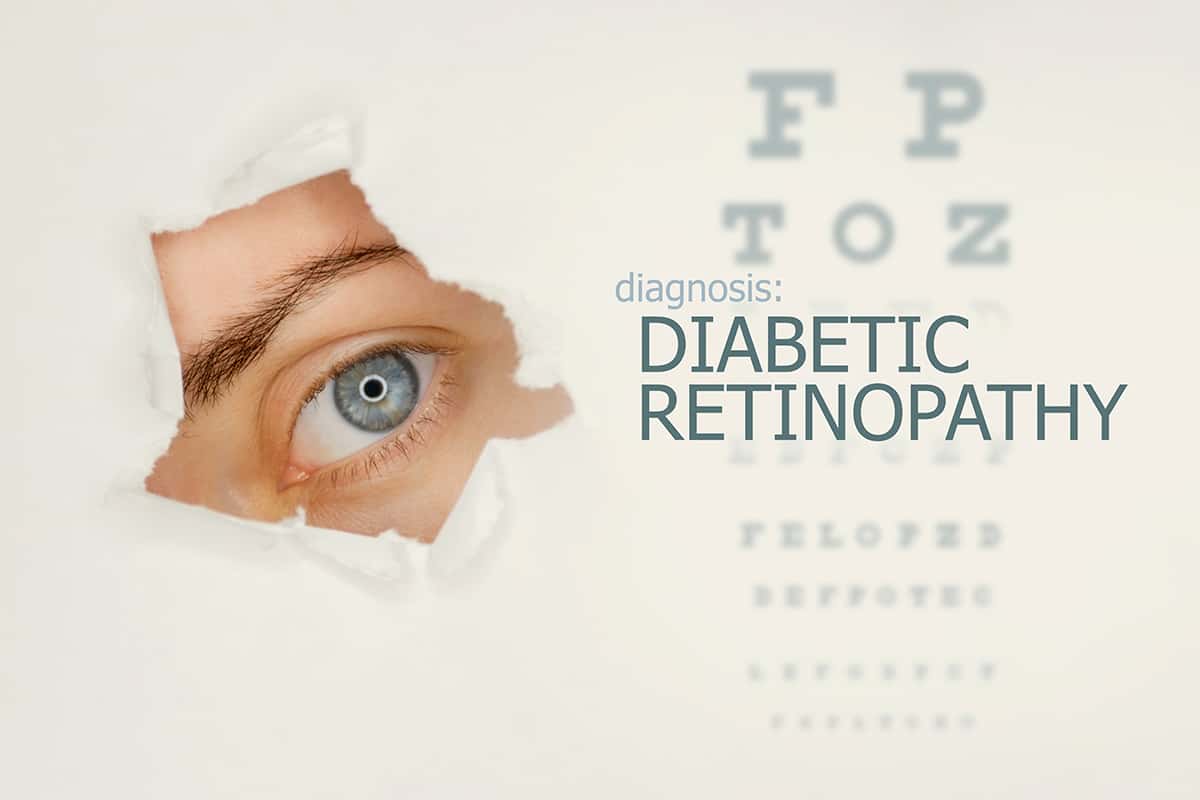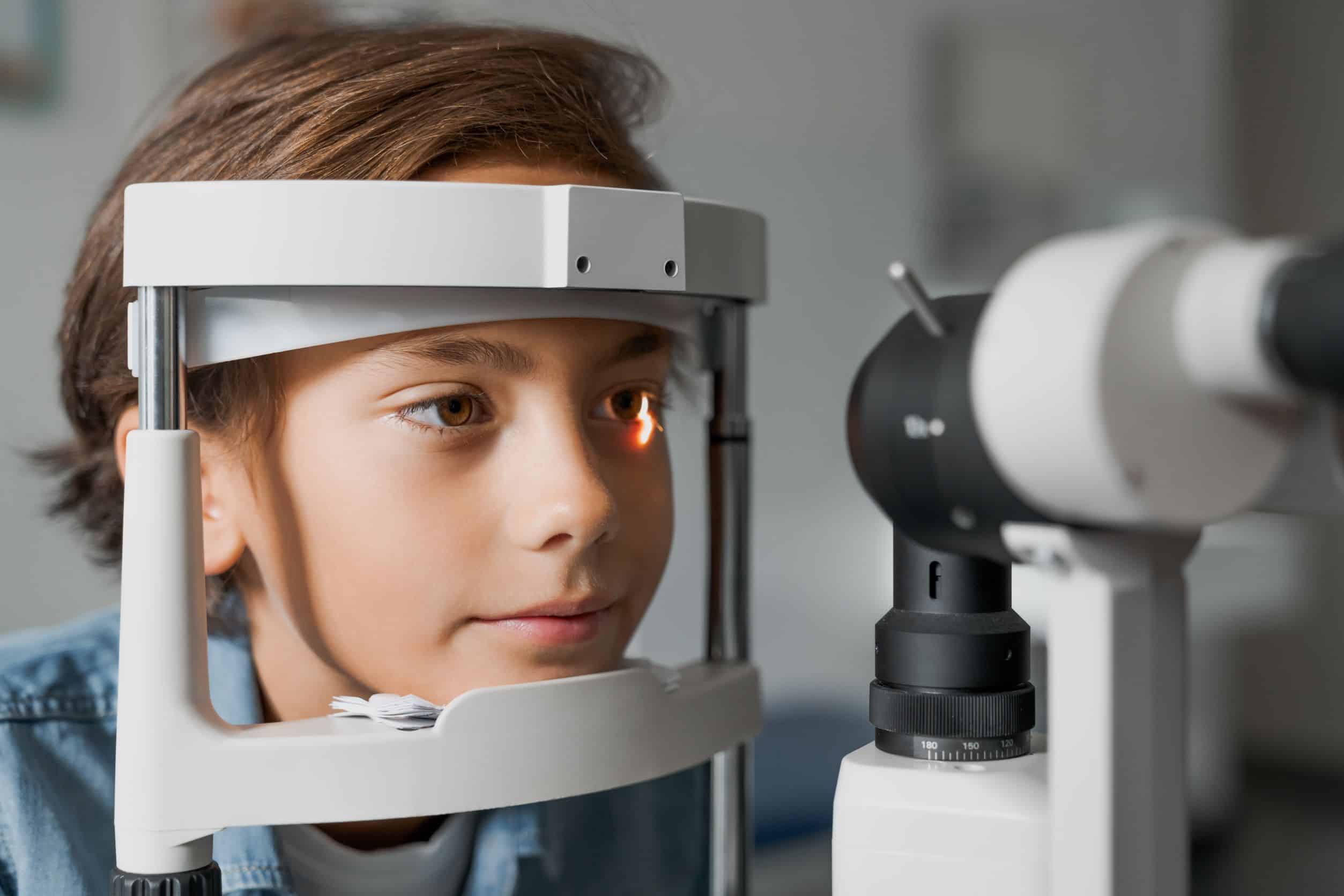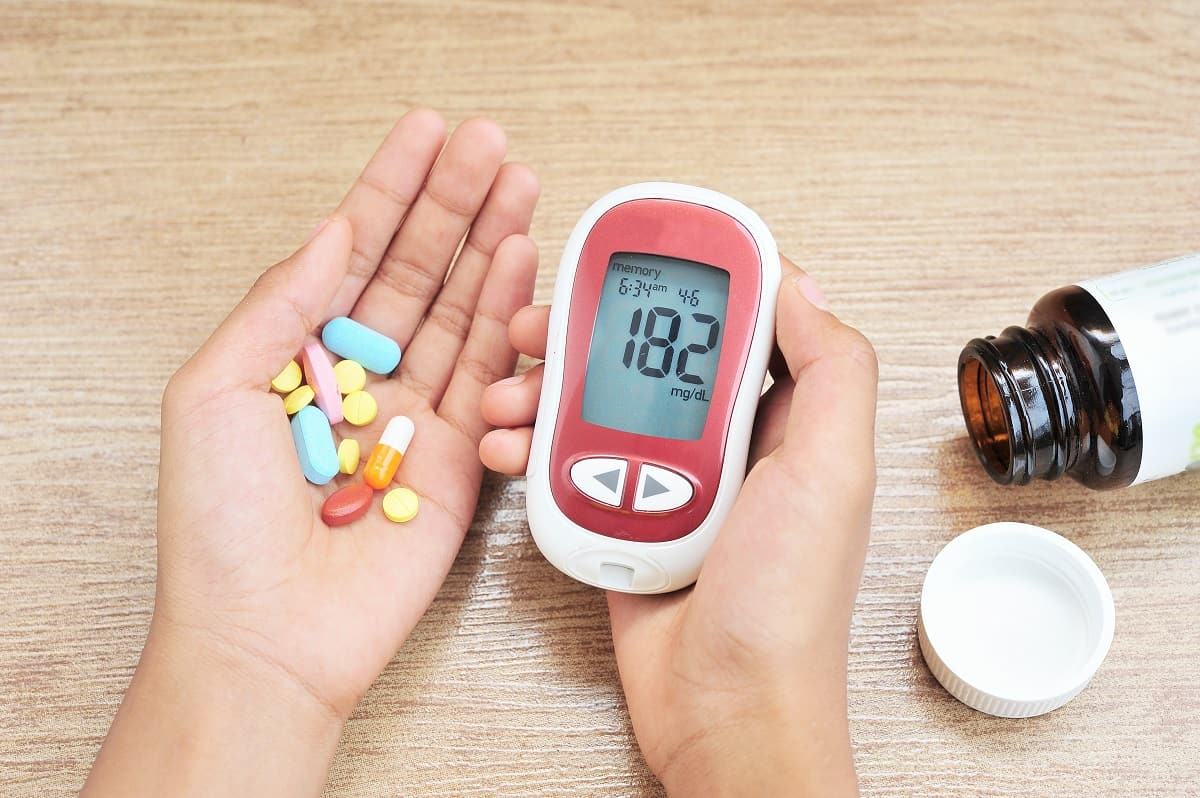Answers To the 3 Most Popular Questions About Diabetic Retinopathy
Diabetes can wreak havoc on different parts of the body, and the eyes are no exception. Usually affecting both eyes, diabetic retinopathy causes damage to the retina’s blood vessels. The effects include swelling and leaking that can blur vision. Although new blood vessels may grow, these blood vessels are abnormal and may cause additional vision issues. The team at Mittleman Eye answers three of the most common questions regarding diabetic retinopathy.
1. Is Diabetic Retinopathy Reversible?
Unfortunately, diabetic retinopathy is generally not fully reversible. The good news is that early treatment can slow progression and avoid further retinal deterioration.
Rather than reversing diabetic retinopathy, it is crucial to try to prevent it in the first place. If you are diagnosed with diabetes, take your medications as directed by your doctor. Consume a healthy diet and exercise regularly. Keep your blood pressure under control.
2. Can Diabetic Retinopathy Cause Blindness?
Over time, diabetic retinopathy can cause blindness. According to the CDC, diabetic retinopathy is the leading cause of blindness in working-age adults.
Untreated, diabetic retinopathy can lead to other serious eye diseases. These include diabetic macular edema, which causes blood vessels to leak fluids into the macula. That’s the portion of the retina necessary for clear central vision. Diabetic retinopathy can also cause abnormal blood vessels to grow beyond the retina. When that happens, fluid can no longer drain out of the eye. The result is neovascular glaucoma, which can lead to blindness.
Diabetic retinopathy increases the risk of a detached retina. The damaged blood vessels in the retina cause scarring. Eventually, the scars exert pressure on the retina and cause it to detach from the underlying tissue. A detached retina causes serious vision loss.
Any of these conditions can lead to blindness.
3. How Is Diabetic Retinopathy Diagnosed?
In its early stages, diabetic retinopathy may not cause symptoms. As the condition progresses, symptoms may include:
- Blurred vision
- Color vision impairment
- Fluctuating vision
- Increased floaters
- Areas of dark vision
- Vision loss
If experiencing any of these symptoms, contact an ophthalmologist right away. Diagnosis of diabetic retinopathy involves a simple dilated eye exam. The doctor can view abnormalities within your eye.
Treatment of diabetic retinopathy may include injecting medications, known as vascular endothelial growth factor inhibitors, into the eye. Laser treatment can reduce or stop the leakage of fluids into the eye. A surgery known as vitrectomy removes scar tissue and blood that are putting pressure on the retina.
Contact Mittleman Eye
For those with diabetes, regular eye examinations are vital for vision health. So is careful diabetes management. Get a comprehensive dilated eye exam at least annually. The earlier diabetic retinopathy is diagnosed and treated, the better the prognosis. Patients who wish to make an appointment can schedule one directly online at Mittleman Eye or call or text (561) 500-2020.




















